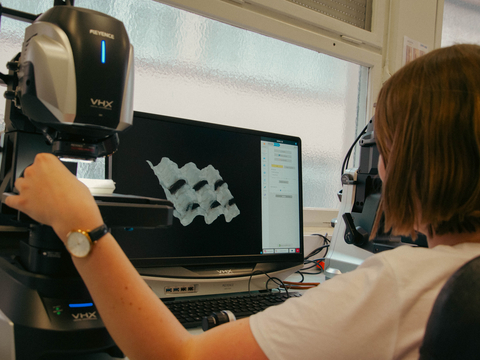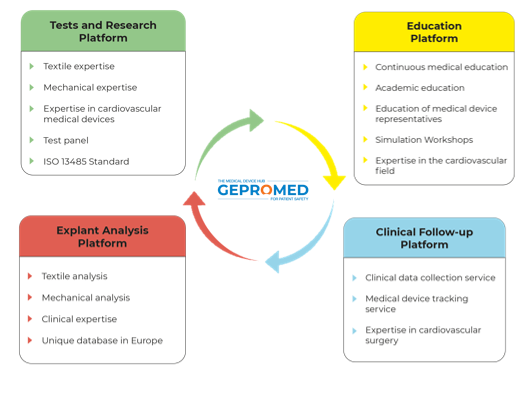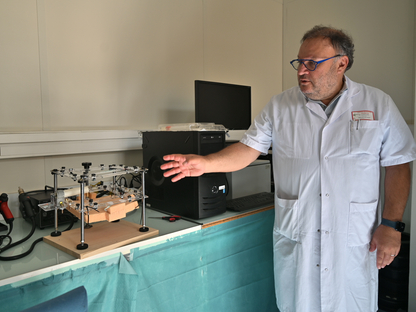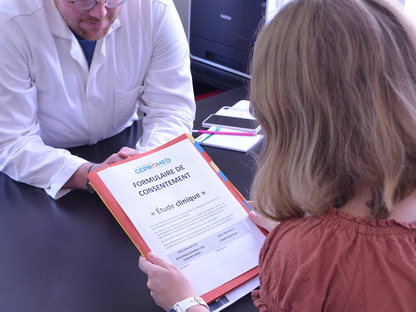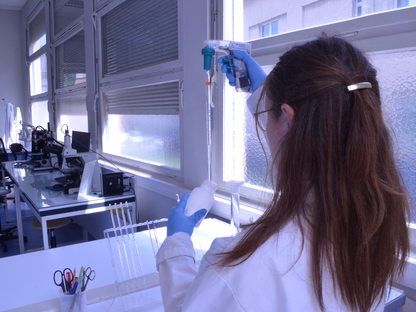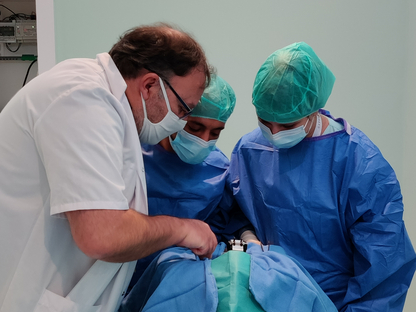Implantable medical devices (IMDs) have revolutionized surgery. They have mainly been developed by industry. Institutional research is developing various concepts and structural advances that are not often enough transferred to the industrial sector.
They are governed by regulations intended to protect patients. These regulations have their limits. At first before implantation in the absence of predictive tests of long-term behavior and then post-implantation in the absence of a comprehensive material vigilance program and feedback on failures.
GEPROMED consists of 4 platforms based around the implant cycle:
Technological Engineering
This platform supports industry, independently and self-sufficiently, for testing and evaluating medical devices. It develops R&D projects to create new concepts such as surgical simulators or medical devices.
Education
Teaching by observation is no longer enough. The sophistication of IMDs requires specific learning methods to master the techniques of insertion and associated imaging.
Education and training enable professionals to become familiar with the characteristics of the IMDs used, and to obtain certification after an initial training phase and re-certifications linked to the turnover of new technologies.
This approach includes team learning and can use artificial intelligence technologies. It contributes to research and development activities based on healthcare professionals ideas, with the aim of continuously improving the quality and safety of their practices.
Clinical monitoring and research
Clinical research is a field of healthcare that aims to improve our understanding of diseases, treatments and care strategies. It is based on the study of new drugs, medical devices, therapies or medical procedures, evaluating their efficacy, safety and impact on patient health. It plays a crucial role in advancing medical knowledge and enabling the development of new therapeutic solutions.
Explant analysis
Explant analysis was underestimated. A parallel with the aviation industry helps to identify the work that needs to be done. In the event of a major complication, all parts are systematically analyzed by an investigation to avoid another incident... This strategy has been developed by GEPROVAS for many years, and should take on a fundamental role as the investigation for IMDs.
Structured for vascular surgery with prostheses, endoprostheses and stents, it is now being duplicated in other specialties such as parietal, gynecological and urological surgery...
These strategies will bring improvements and innovations to the world of healthcare.
